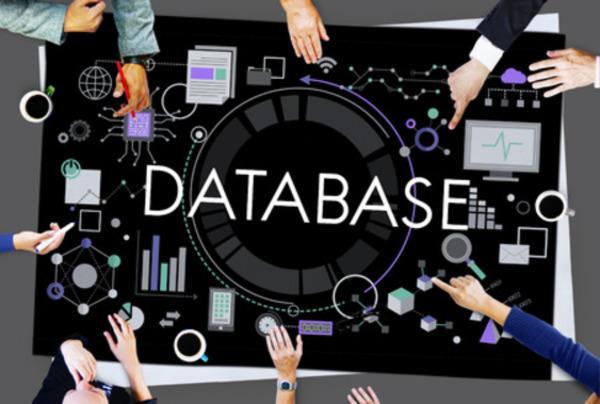Database Development Life Cycle
The blog is about Database Development Life Cycle. Database Development is developing a strategic database for different organizations to meet the demands and update consumer responses. To understand the entire procedure of database development, one should be well versed with the terms database and database development.
Database Development Life Cycle: Understanding the term 'Database.'
The database is organizational software that helps to manage the stored information according to the needs of the user. It is important to collect and store various kinds of data in one place.
Therefore, developing different databases helps the users to cater to all their technological needs. These databases are developed by experts mostly for the organizations that need to manage a large multitude of transactions, client orders, etc.
Database Development
Database development is the activity that involves the formation of particular databases that are strategically and operationally important. These databases are required for organized functioning and for the ease of doing work.
Database development life cycle (DDLC) is the technical term used for the process of developing such a database.
The entire process comprises six major steps, namely planning, collecting information, designing prototype, formation, testing, and finally implementing the prepared database for work.
These steps can be understood comprehensively further:
Planning
Any database requires elaborative planning or development of the draft idea before it is formed. It becomes necessary to analyze the planned structure to achieve the desired result.
Information collection
Another step comprises gathering important information from varied sources to achieve a middle ground for the development of the ideal database. Collecting information helps to provide a clear picture of what is required.
Prototype designing
Once all the information is ready, the immediate step that follows is designing a draft database. This draft will later serve as the original or the ultimate product after all the modifications are done.
Formation
The main process of constructing the required database is done under this step. The database experts construct the database for the practical use of the consumer.
Testing
Once the database is constructed, then it is tested for its efficiency. If it meets the demands of the creator and the user, then the next step in the process is followed.
Implementation
After passing the testing stage, the database is completely ready to be used.
Database development models
Database developer companies make sure that they meet clients' needs through developing a database that can be managed and maintained easily. It is necessary to choose a database that is feasible, efficient, and can be evolved easily (i.e., no extra efforts are required to update the database whenever required).
These database development companies make use of methodical database development tools that helps the developers to meet consumer-centric demands while developing the database.
Any database design starts with the following systemic models. The models, along with some widely popular development tools, make the process proficient for database development companies.
Some of the familiar models are as follows:
● Hierarchical model
● Relational model
● Star schema
● Network model
● Document model
Database development tools
In addition to these models, the developer companies also take the help of some of the extensively used database development tools such as Microsoft Access, Microsoft SQL server, Adabas, MySQL, etc.
These tools help the developer to build and support various business-oriented applications.
Conclusion
Database Development is an extensive task that involves various processes to get a structured and well-organized database. These databases help in the efficient and productive functioning of the organizations.
The database development companies follow the development models to get a client-oriented approach to their work. Moreover, these databases help the users to maintain big records of their work daily.







